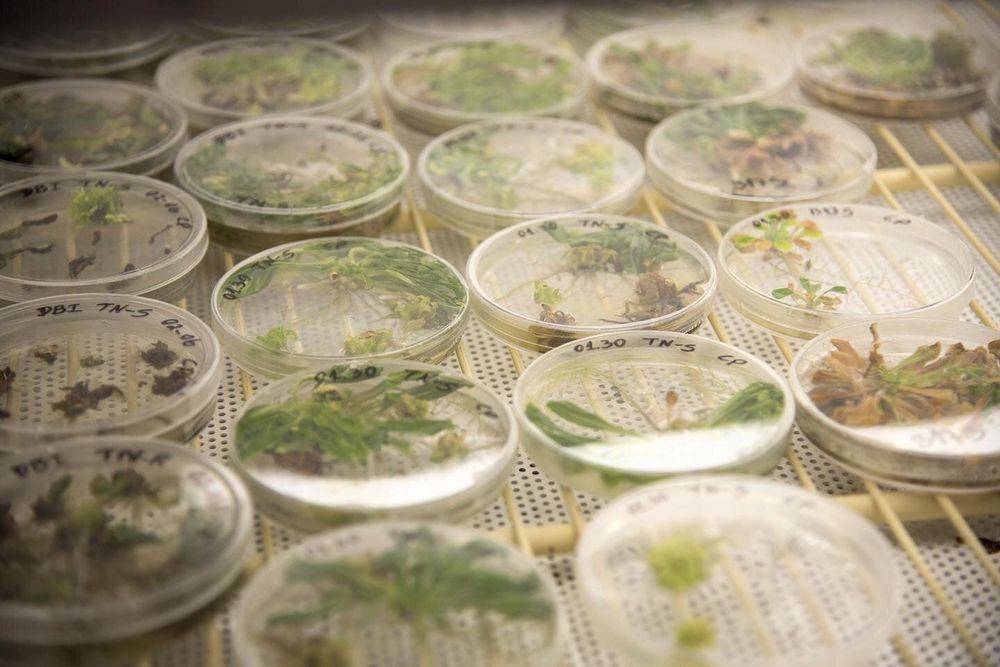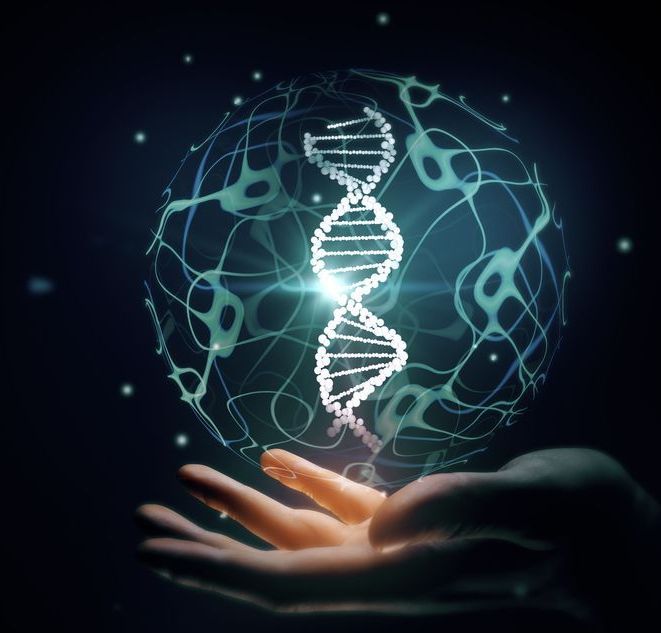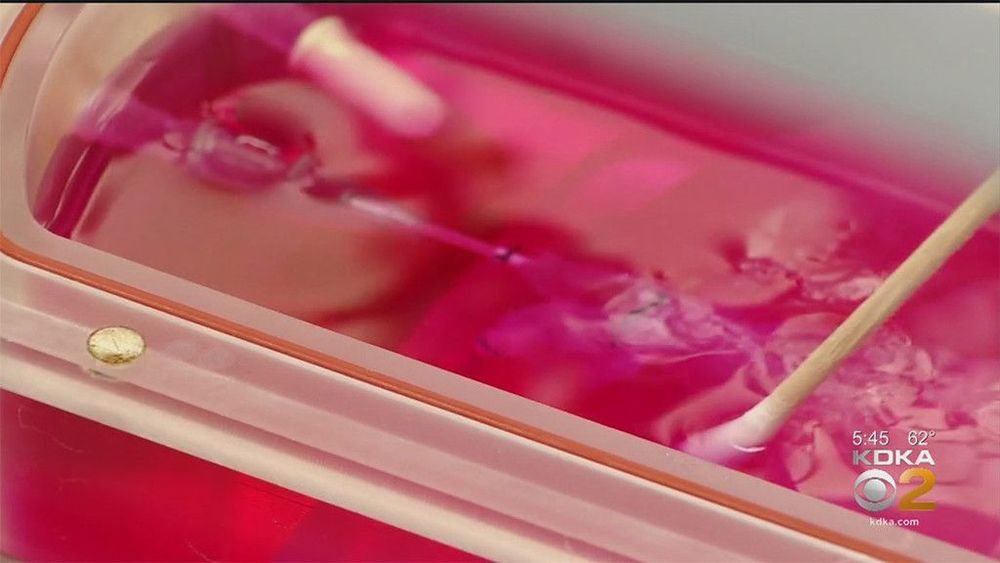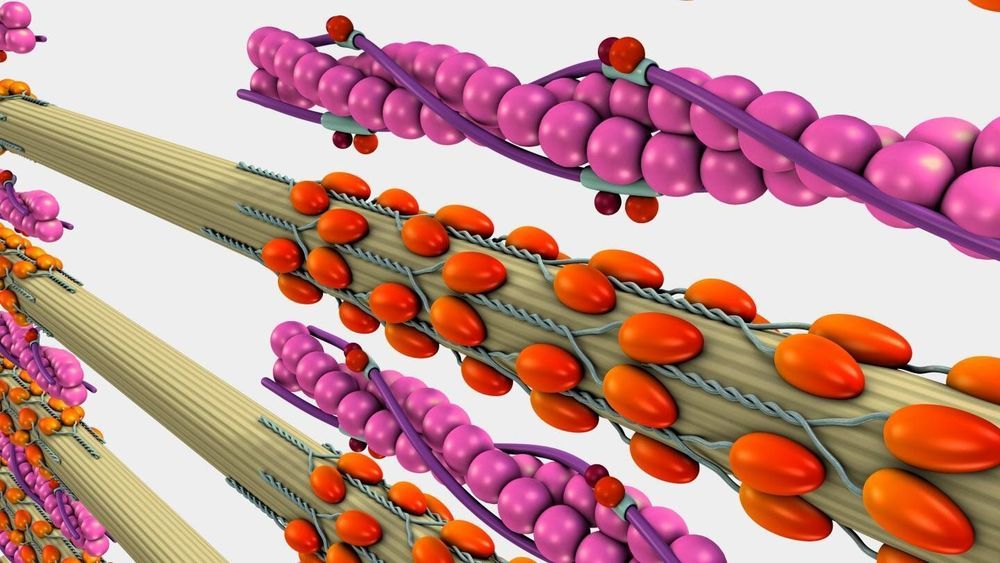Are you ready for the future? A Transhumanist future? One where everyone around you—friends, family, and neighbors—has dipped into the transhumanist punch bowl. A future of contact lenses that see in the dark, endoskeleton attached artificial limbs that lift a half-ton, and brain chip implants that read your thoughts and instantly communicate them to others. Sound crazy? Indeed, it does. Nevertheless, it’s coming soon. Very soon. In fact, much of the technology already exists. Some of it’s being sold commercially at your local superstore or being tested in laboratories right now around the world.
We’ve all heard about driverless test cars on the roads and how doctors in France are replacing people’s hearts with permanent robotic ones, but did you know there’s already a multi-billion dollar market for brain wave reading headsets? Using electroencephalography (EEG) sensors that pick up and monitor brain activity, NeuroSky’s MindWave can attach to Google Glass and allow you to take a picture and post it to Facebook and Twitter just by thinking about it. Other headsets allow you to play video games on your iPhone just with your thoughts too. In fact, well over a year ago now, the first mind-to-mind communication took place. A researcher in India projected a thought to a colleague in France, and using their headsets, they understood each other. Telepathy went from science fiction to reality.
The history of transhumanism—the burgeoning field of science and radical tech used to describe robotic implants, prosthetics, and cyborg-like enhancements in the human being and its experience—has come a long way since scientists began throwing around the term a half century ago. What a difference a generation or two makes. Today a thriving pro-cyborg medical industry is setting the stage for trillion-dollar markets that will remake the human experience. Five million people in America suffer from Alzheimer’s, but a new surgery that involves installing brain implants is showing promise in restoring people’s memory and improving lives. The use of medical and microchip implants, whether in the brain or not, are expected to surge in the coming years. Some experts surmise as many as half of Americans will have implants by 2020. I already have one in my hand. It’s truly a new age for humans.








